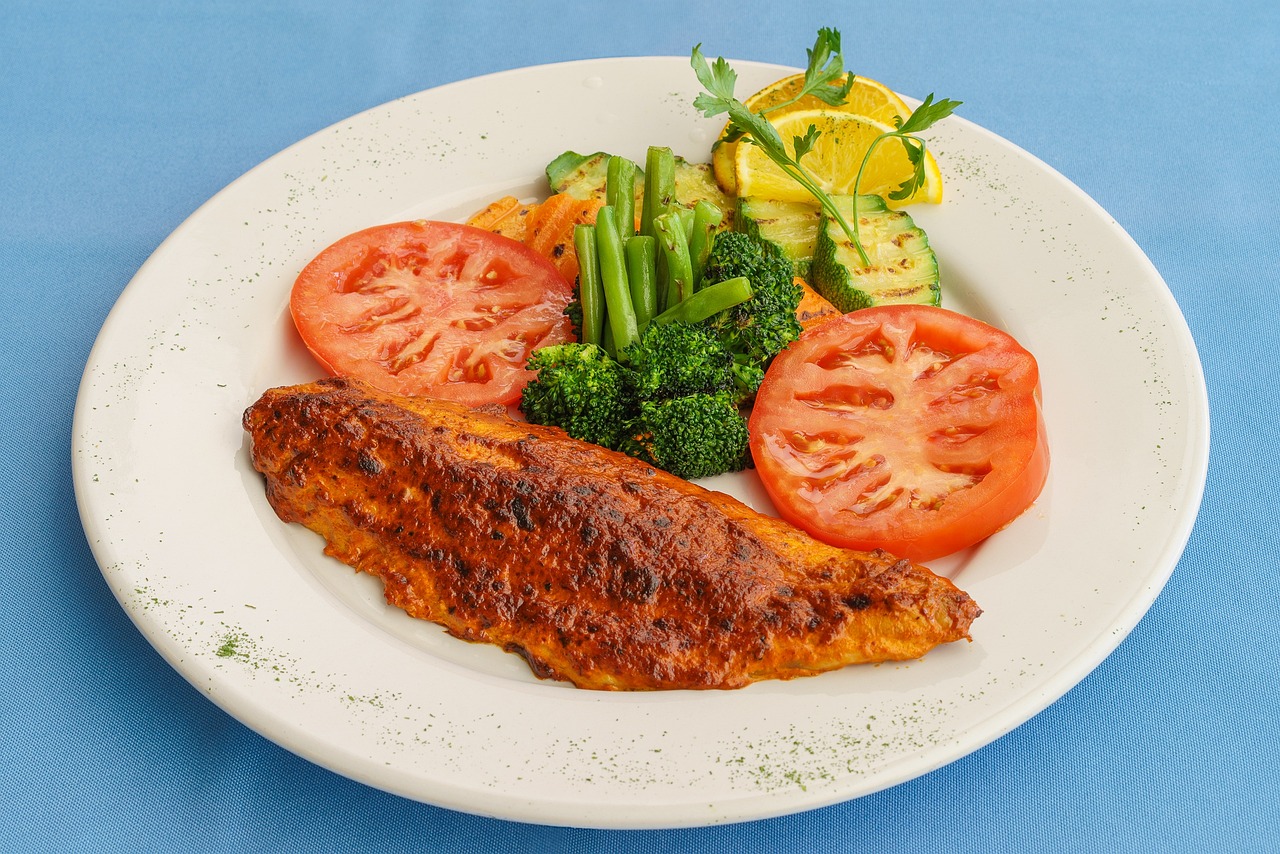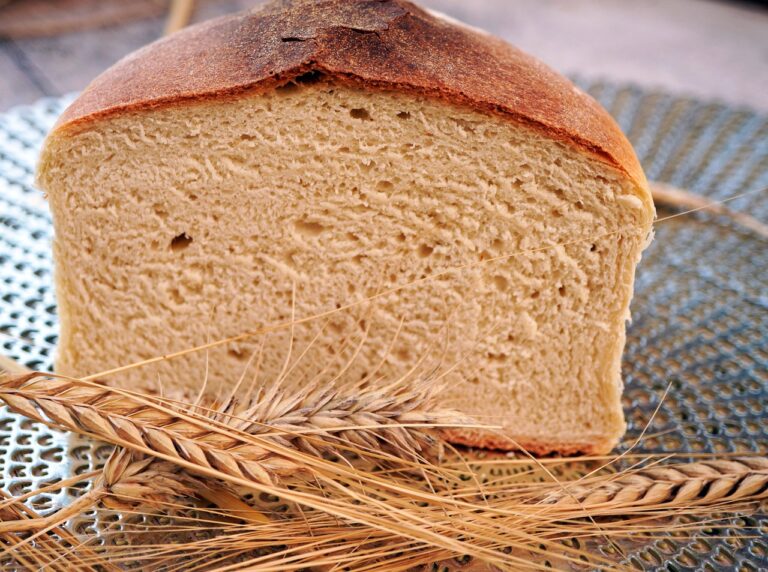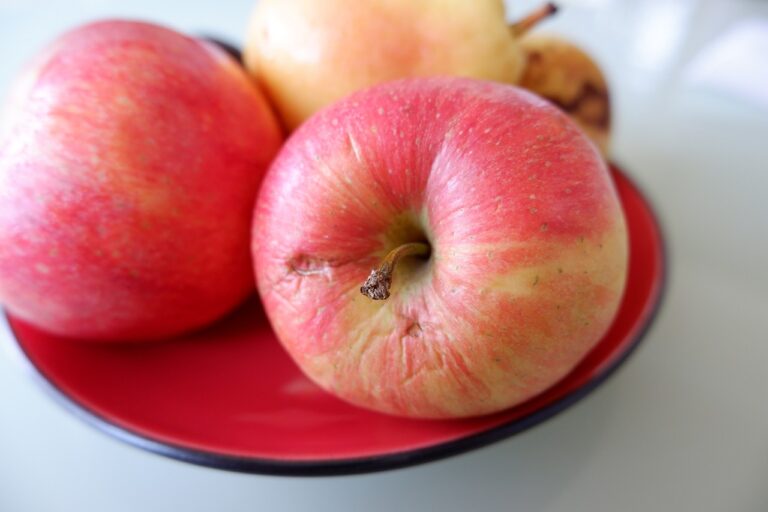Olive Oil and Its Use in Heart-Healthy Diets: Laser 247 book, Silverexch com, 11xplay
laser 247 book, silverexch com, 11xplay: Olive Oil and Its Use in Heart-Healthy Diets
Are you looking to improve your heart health and overall well-being? Look no further than the kitchen staple that is olive oil. Olive oil has long been touted for its numerous health benefits, particularly when it comes to supporting a healthy heart.
In this blog post, we will delve into the wonders of olive oil and explore how you can incorporate it into your diet to promote heart health. From its antioxidant properties to its ability to reduce inflammation, olive oil is a powerhouse ingredient that deserves a spot in your pantry.
The Benefits of Olive Oil for Heart Health
1. Rich in Monounsaturated Fats
Olive oil is primarily composed of monounsaturated fats, which are considered healthy fats that can help lower bad cholesterol levels and reduce the risk of heart disease. By incorporating olive oil into your diet, you can improve your heart health and overall well-being.
2. High in Antioxidants
Olive oil is packed with powerful antioxidants, such as polyphenols and vitamin E, which can help protect your cells from damage caused by free radicals. These antioxidants have anti-inflammatory properties that can reduce the risk of chronic diseases, including heart disease.
3. Reduces Inflammation
Chronic inflammation is linked to numerous health issues, including heart disease. The anti-inflammatory properties of olive oil can help reduce inflammation in the body, potentially lowering the risk of heart disease and other inflammatory conditions.
4. Supports Healthy Blood Pressure
Studies have shown that consuming olive oil regularly can help lower blood pressure levels, which is a significant risk factor for heart disease. By incorporating olive oil into your diet, you can support healthy blood pressure and reduce your risk of developing heart-related issues.
How to Use Olive Oil in Your Diet
1. Salad Dressings
One of the simplest ways to incorporate olive oil into your diet is by using it as a base for homemade salad dressings. Simply mix olive oil with vinegar, lemon juice, herbs, and spices for a delicious and heart-healthy dressing that will elevate your salads.
2. Cooking
Olive oil is a versatile cooking oil that can be used for saut驮g, roasting, and grilling. Its high smoke point makes it suitable for high-temperature cooking methods, making it a healthier alternative to vegetable oils and butter.
3. Dipping
Enjoy the rich flavor of olive oil by using it as a dip for bread or vegetables. Simply add a splash of balsamic vinegar and spices to a small bowl of olive oil for a tasty and heart-healthy appetizer.
4. Baking
Replace butter or vegetable oils with olive oil in your baked goods for a healthier alternative. Olive oil can add moisture and richness to cakes, muffins, and cookies while providing added heart-healthy benefits.
5. Drizzling
Drizzle olive oil over cooked vegetables, pasta, or grilled meats for a finishing touch that adds flavor and heart-healthy benefits. A high-quality extra-virgin olive oil can elevate any dish and support your heart health in the process.
6. Marinating
Use olive oil as a base for marinades for meat, poultry, or fish. The antioxidants and healthy fats in olive oil can help tenderize proteins and infuse them with flavor, creating a delicious and heart-healthy meal.
Frequently Asked Questions
Q: Is olive oil suitable for all types of cooking?
A: While olive oil is versatile and can be used for various cooking methods, it is best suited for low to medium-temperature cooking, such as saut驮g and roasting. It is not recommended for deep frying due to its low smoke point.
Q: What is the difference between extra-virgin, virgin, and refined olive oil?
A: Extra-virgin olive oil is the highest quality and least processed form of olive oil, with a rich flavor and higher antioxidant content. Virgin olive oil is slightly more processed and has a milder flavor, while refined olive oil undergoes further processing and has a neutral taste.
Q: How much olive oil should I consume daily for heart health benefits?
A: The American Heart Association recommends consuming about two tablespoons of olive oil per day as part of a heart-healthy diet. However, it is essential to balance your intake with other healthy fats and dietary choices to support overall health.
In conclusion, olive oil is a versatile and heart-healthy ingredient that can benefit your heart health in various ways. By incorporating olive oil into your diet through cooking, baking, or drizzling, you can enjoy its numerous health benefits while adding flavor to your meals. Make olive oil a staple in your kitchen and reap the rewards of a healthier heart and body.







